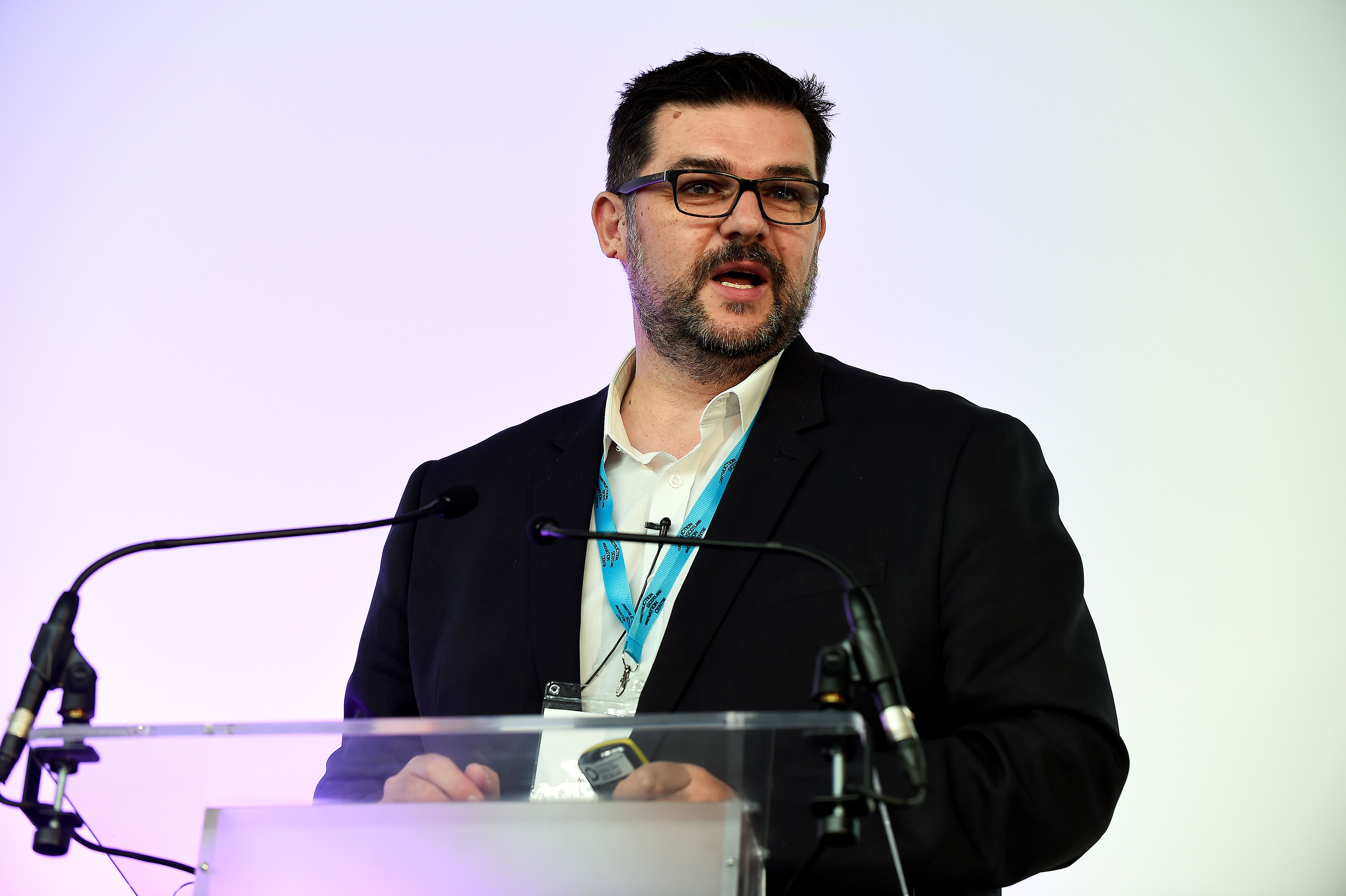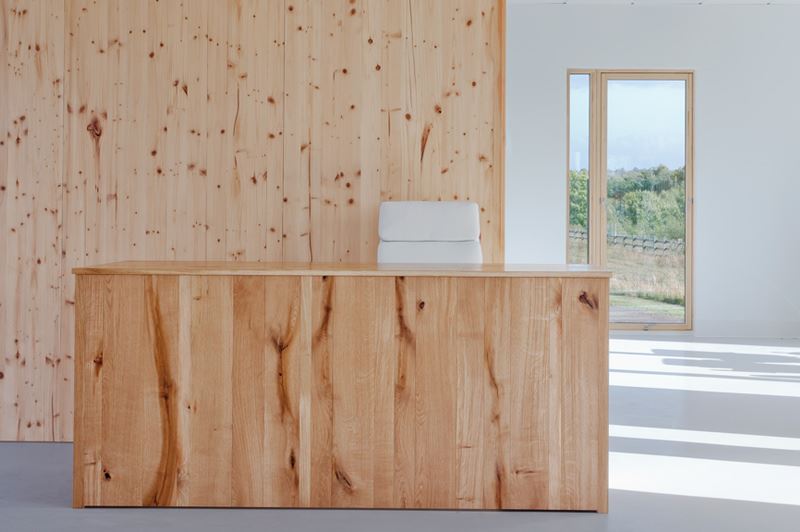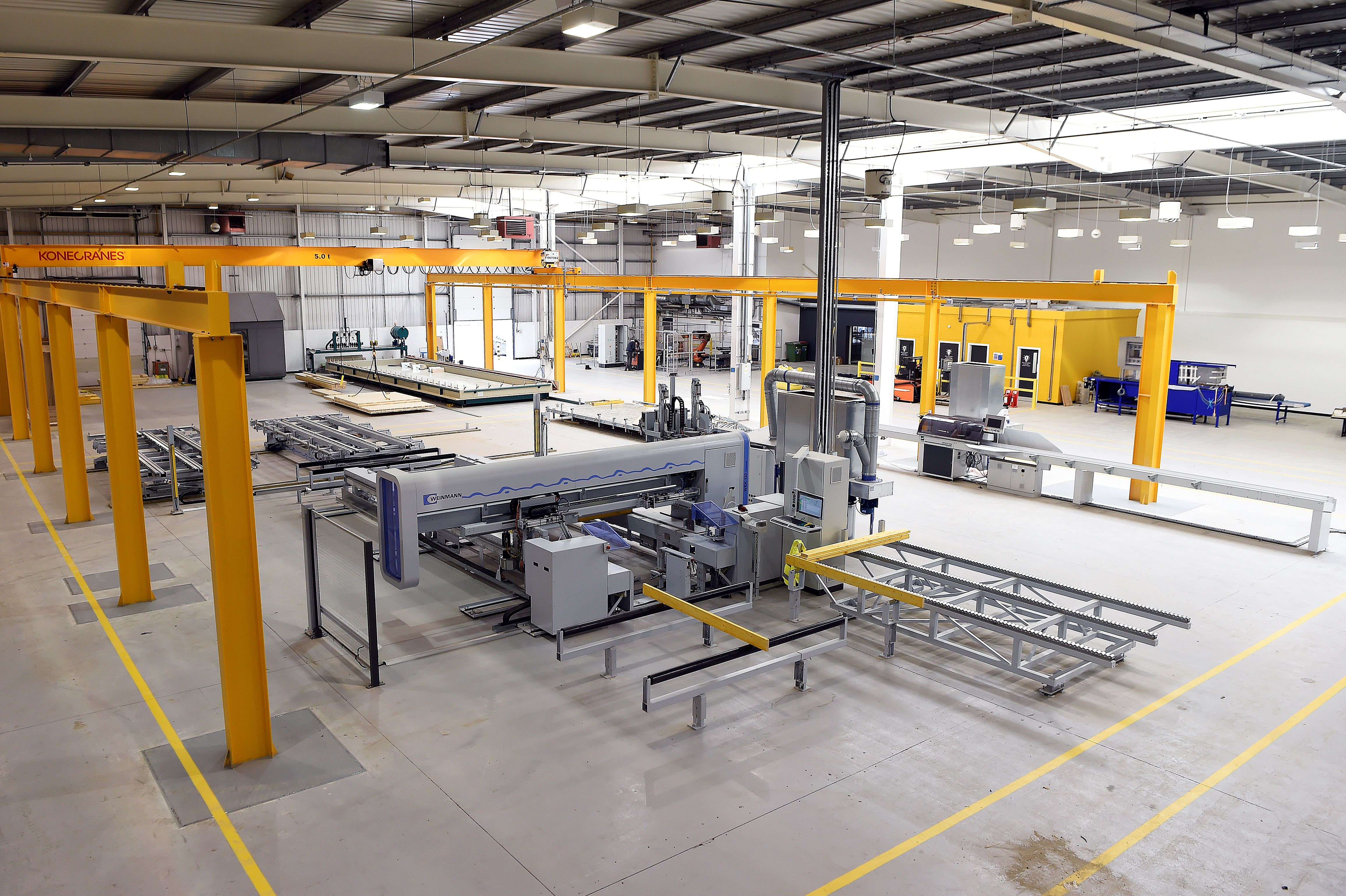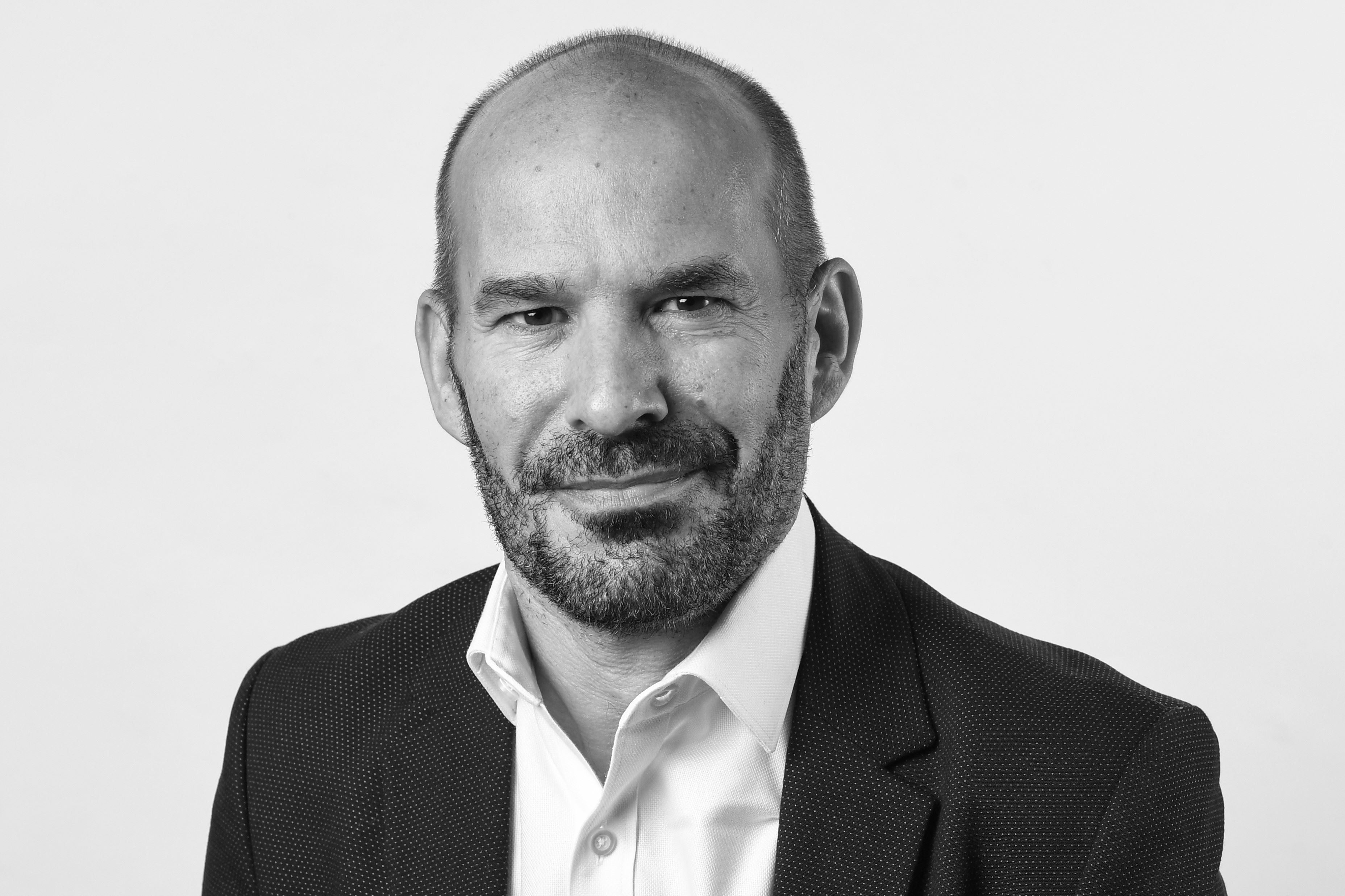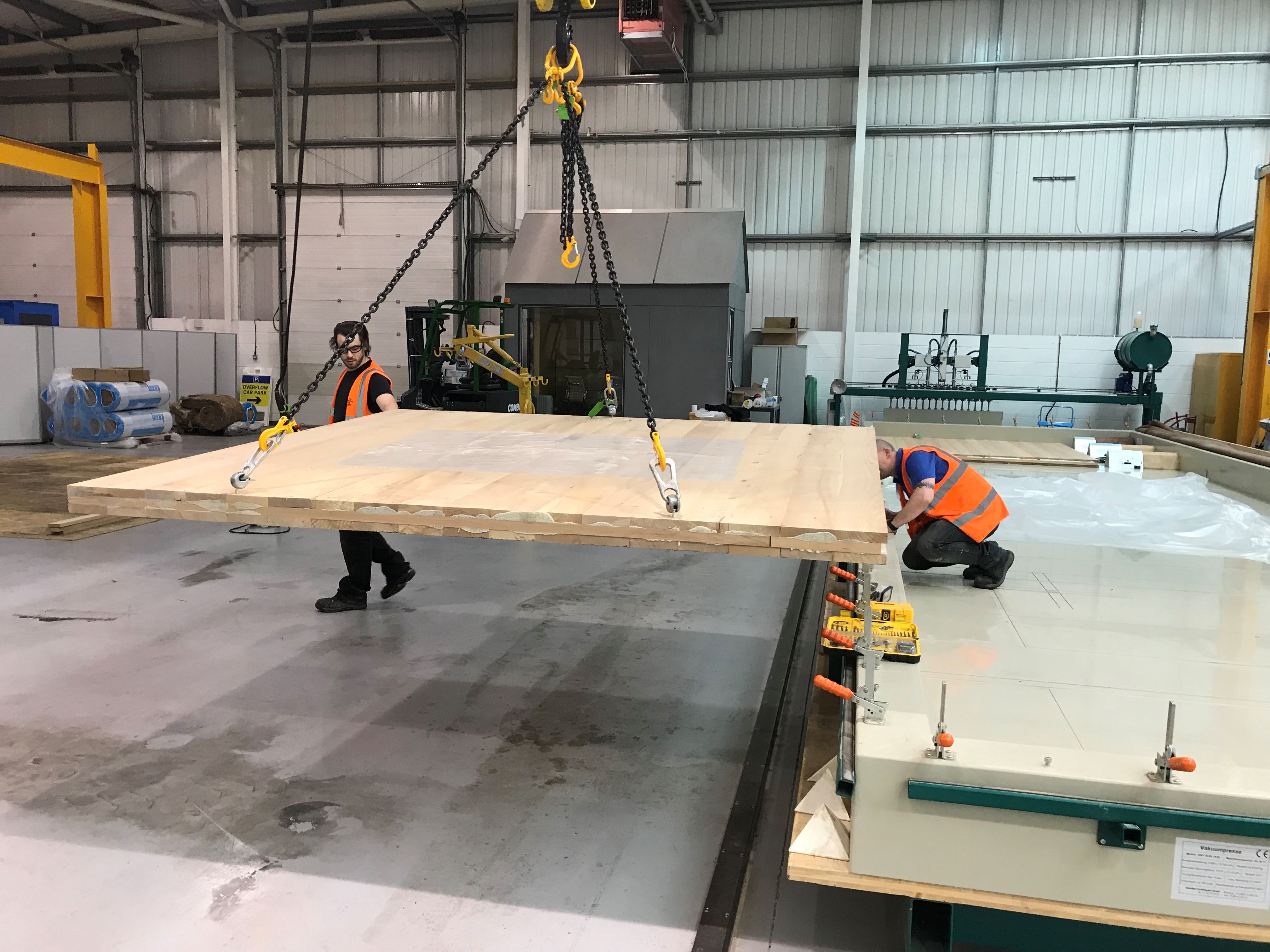Content
Scholarship spotlight: Waste comprises 1/3 of construction sites' embodied carbon
One of BE-ST's scholarship students has conducted first-of-its-kind research on real on-site waste data, finding that one third of embodied carbon on a construction project can come from material wastage.
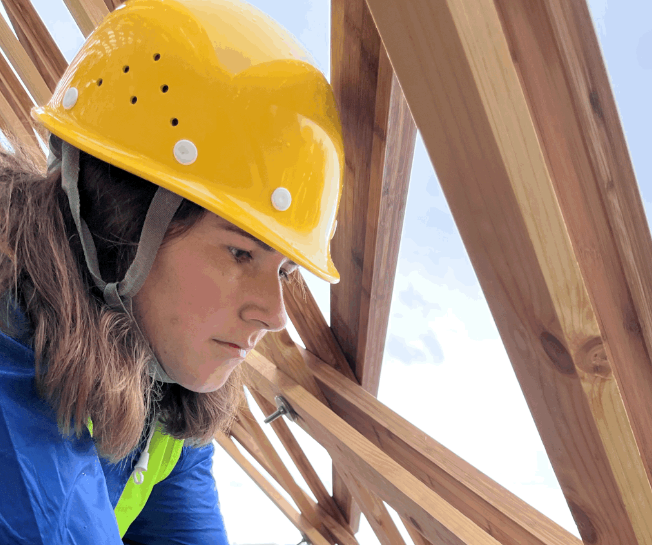
Alice Davyson who studied MSc in Environmental Sustainability at Edinburgh Napier University has gone onto receive her class medal for the research, highlighting the need for real construction waste data in the sector.
The findings from her project: If we are to reach zero carbon, we can’t push waste to the side any longer. To reach zero carbon construction targets, we must bring it into sharp focus and make it a priority.
We have to stop ignoring waste Alice Davyson
Construction waste accounts for 50% of Scotland's waste but what are companies actually wasting and how can this be reduced?
The majority of academic papers Alice read used a working assumption that 10% of site materials end up as waste.
But this assumption has rarely been explored. Most companies aren’t aware of the amount of waste they produce. Some developers or sites don’t actively monitor it and contractors also aren’t often expected to, with a lot of the data being provided not being of the best quality. Waste also isn’t mentioned in any building standards, regulation or guidance from Government, Alice says.
And without incentive, she found out the hard way that many companies don’t actively monitor their waste. And if they do, they’re not willing to share it. Alice faced countless rejections on her own before BE-ST, who funded her through our Built Environment Innovation Masters Fund, put her in touch with housebuilder Cala Homes through the support of the fund. They agreed to track and share waste data that allowed her project to take place.
Real waste data uncovered
During the project, Cala Homes sent Alice the waste from a real construction site, which she took and analysed the carbon impact of. But the biggest finding came once Alice analysed the embodied carbon of the waste - something that Cala is already monitoring and reporting on.
Alice found that depending on the scope and assumptions used, waste can make up as high as a third of the embodied carbon of an entire development depending on the materials wasted.
This fact alone should call for a relook at how academics estimate construction waste in their research and how contractors view their real wastage on site.
The biggest learning is we need to have really detailed waste data to understand what the actual impact is. Because it isn’t negligible. Alice Davyson
More energy efficiency = more wastage?
The irony that Alice highlights is that the higher performance buildings we build, the more important waste becomes.
With increasing building efficiency to Passivhaus or equivalent, material demand increases to meet these levels of energy efficiency. And there will naturally be more wastage if the same practices are kept.
Alongside the true cost of waste being up to over £3000 for the cost of an 8-yard skip, this is one of the many reasons why the wider sector can no longer ignore material wastage.
The fund
As a result of the research, Alice Davyson won her class medal for her MSc in Environmental Sustainability at Edinburgh Napier University. Alice had a module on waste that sparked her interest in the topic, and she’s already broken through to find something completely new and powerful about the sector.
Before this Alice worked for 7 years in communications. She wanted more meaning behind her day to day so put her mind towards tackling climate change.
When asked about how BE-ST helped the research happen, Alice said: “I couldn't have done the research that I wanted to do without it.”
This is the kind of impact that any individual can have through the Accelerate to Zero Postgraduate Scholarship. To find out more about the various projects and success stories, read here.
If you know a graduate student who may be eligible for next year’s cohort, please find out more on our website or in our latest webinar.
